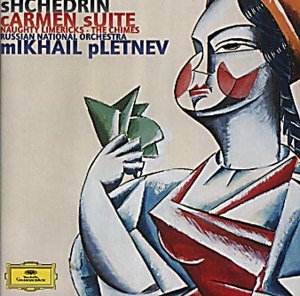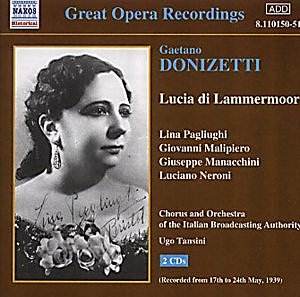 Composer: Rodion Shchedrin
Composer: Rodion Shchedrin
Works: Carmen Suite, Concerto for Orchestra No. 1 “Naughty Limericks,” Concerto for Orchestra No. 2 “The Chimes”
Performers: Russian National Orchestra, Mikhail Pletnev (conductor)
Recording: February-March 1998, Moscow State Conservatory
Label: Deutsche Grammophon DG 471 1362 [61.48]
Rodion Shchedrin, born in 1932, occupies a distinctive place in the landscape of 20th-century Russian music, often overshadowed by the towering figure of Dmitri Shostakovich. Yet, Shchedrin’s works pulsate with an originality and vibrancy that demand recognition. His “Carmen Suite,” an audacious reimagining of Bizet’s classic opera, showcases his remarkable ability to blend wit and orchestral color. This suite not only serves as a tribute to Bizet but also recontextualizes familiar themes in an exuberant manner. Shchedrin’s version, featuring strings and percussion, infuses the original with a renewed energy that transcends mere arrangement, elevating it to an artful homage.
Mikhail Pletnev and the Russian National Orchestra deliver a performance of striking intensity and clarity. The orchestral textures are rendered with meticulous care, allowing Shchedrin’s inventive orchestrations to shine. The vibrancy of the strings, paired with the percussive elements, creates a dynamic soundscape that captures the essence of both the original opera and Shchedrin’s creative impulses. The recording quality is exemplary, with a rich depth and clarity that brings forth the nuances of the orchestration, particularly the interplay between the strings and the rhythmic drive of the percussion. This disc stands as a definitive interpretation of the “Carmen Suite,” rivaling other notable recordings by conductors such as Seiji Ozawa and the Boston Symphony Orchestra, who have also explored this repertoire.
The “Naughty Limericks” Concerto for Orchestra contrasts markedly with the suite, presenting a lively, almost raucous character marked by jazzy influences and bold, brash orchestral writing. Pletnev’s interpretation embraces the work’s exuberance, showcasing the orchestra’s ability to navigate its complex rhythms and varied textures with both technical precision and a palpable sense of fun. The driving percussion and vibrant brass sections propel the music forward, creating a vivid sonic tapestry that invites listeners into Shchedrin’s whimsical world. While the work may not appeal to all tastes, its lively spirit and robust orchestration are undeniably engaging, appealing particularly to those with an affinity for modern orchestral soundscapes.
In stark contrast, the “Chimes” Concerto for Orchestra delves into darker, introspective territory. The opening atmospheric chords set a contemplative mood, creating a stark juxtaposition to the playful nature of “Naughty Limericks.” Pletnev’s nuanced direction elevates this piece, allowing the orchestral colors to unfold gradually, revealing layers of complexity and emotional depth. The bell-like sonorities referenced in the title resonate throughout, evoking the historical significance of chimes within Russian culture. The seamless transitions between the serene and the dramatic demonstrate Shchedrin’s mastery of orchestral dialogue, engaging the listener in a profound exploration of sound and silence.
The overall sound engineering of this recording enhances the listening experience, with a balanced mix that allows each section of the orchestra to be heard distinctly while maintaining a cohesive ensemble sound. Pletnev’s interpretive choices, particularly in phrasing and dynamics, offer fresh insights into Shchedrin’s compositions, making this disc a valuable addition to the modern orchestral repertoire.
This collection of works by Rodion Shchedrin, under the expert guidance of Mikhail Pletnev, provides an exhilarating glimpse into the possibilities of contemporary orchestral music. The “Carmen Suite” captivates with its inventive orchestration, while the contrasting concertos showcase a range of emotional expression and technical prowess. Shchedrin’s music, imbued with a unique blend of humor and gravitas, continues to resonate, affirming his place as a vital voice in the pantheon of classical composers.



